Free Consultation
(314) 500-HURTI’m Gary Burger from Burger Law. I was asked about ten days ago to speak at a continuing legal education (CLE) seminar in St. Louis where I did a mock argument about discovery disputes against another lawyer in front of a former judge. It was a good time. I won most of my motion. I filed a memorandum in support of a motion to compel which you can find on www.burgerlaw.com ‘s Lawyer to Lawyer Page. We have that page to assist other lawyers with briefs and tactics and other CLEs and lectures that I do.
So, what was that about? Well, the point of this video is to talk just a little bit about, so, whenever we file lawsuits, we ask questions and request documents from the other side. Those are called interrogatories which is another name for question. We’ll request the production of documents. Many times we get all the documents we need, but also many times the defendant doesn’t want to give us all those documents and we have to fight about those.
So, what about accident reports? What about documents where the claims adjuster’s talking to someone in the company? What about internal company documents? What about investigation documents? What about the personnel files of the employees of the defendant who are negligent? What about photos? What about surveillance of the plaintiffs?
So, what we did in that CLE is we argued those points, and the discovery rules and what we’re entitled to differ between Missouri and Illinois.
In Missouri I’m entitled to getting a surveillance of my client, but I’m not entitled to get statements of witnesses or statements of employees. I’m often not entitled to get more robust investigative reports. It depends on the kind of case, but in a straight-up premises liability case, a slip-and- fall at Walmart, I’m probably not entitled to get that.
In Illinois I am. Illinois adopts a control group test, so unless you’re at the top of the company, you’re not protected and your documents, those types of tools are not protected, and the question is when a company goes in, post-incident, and does an investigation, it’s just really for litigation purposes where it would be protected under what’s called the work-product privilege, or it’s just something that’s generally done by rote and they do it in all the types of cases regardless of whether or not a claim ends up being made. If it’s the latter, then those documents should be produced.
The more arcane and older rules of pre-trial discovery kind of protected a lot of this stuff. As we’ve gotten more modern, we try to produce that to each other. Both sides on either side in a lawsuit try to produce these documents to each other, so you’re not trying cases by ambush. So, I know what the defense has. They know what I have. We give them the statements. We give them the pictures. We give them the videotapes. They should give us their incident reports and all their information because we want to have a full and fair trial. We don’t want to be hiding stuff. When I try these cases, the juries already know that they’re not getting everything, but the more open and informed we can be to the juries, the better.
And so, I just wanted to share a little bit about that CLE. We have other videos on our YouTube channel about these types of issues. If you have any questions about these or any other matters, Gary Burger, (314) 542- 2222 or www.burgerlaw.com. Thank you.
Founder | Injury Attorney
Gary Burger has dedicated his career to standing up against bullies. The founder and principal attorney of Burger Law | St. Louis Personal Injury Lawyer has helped hundreds of Missouri and Illinois individuals and families recover th …
Years of experience: 30 years
Location: St. Louis, MO

Similar Blog Posts
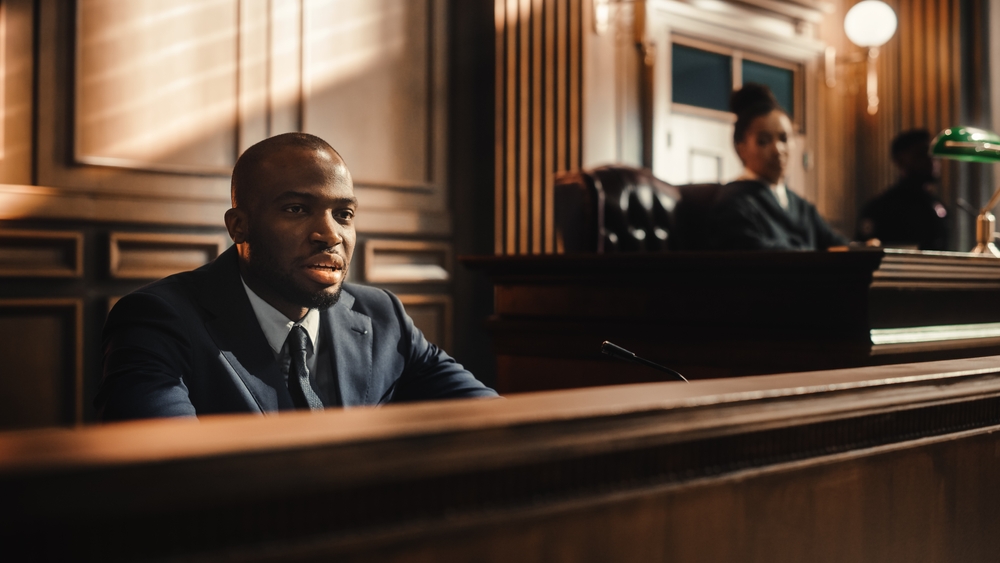
Perjury occurs when a person makes a statement under oath while they know it is not the truth. Most perjury cases in Missouri happen when a witness tells a lie related to an invest...
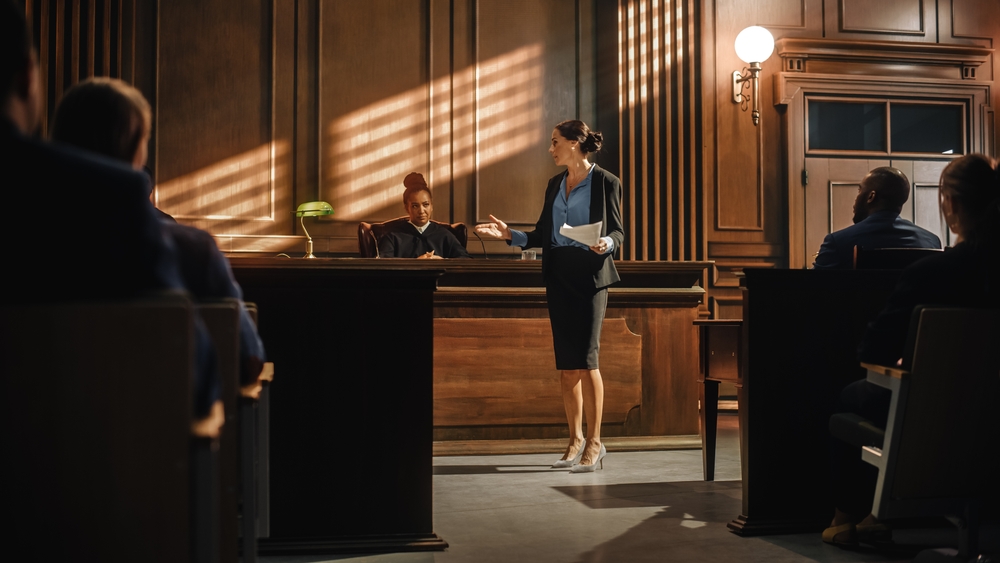
When a personal injury attorney accepts a case, they intend to complete a claim and achieve the best possible outcome. Even so, circumstances often change, forcing an attorney to w...
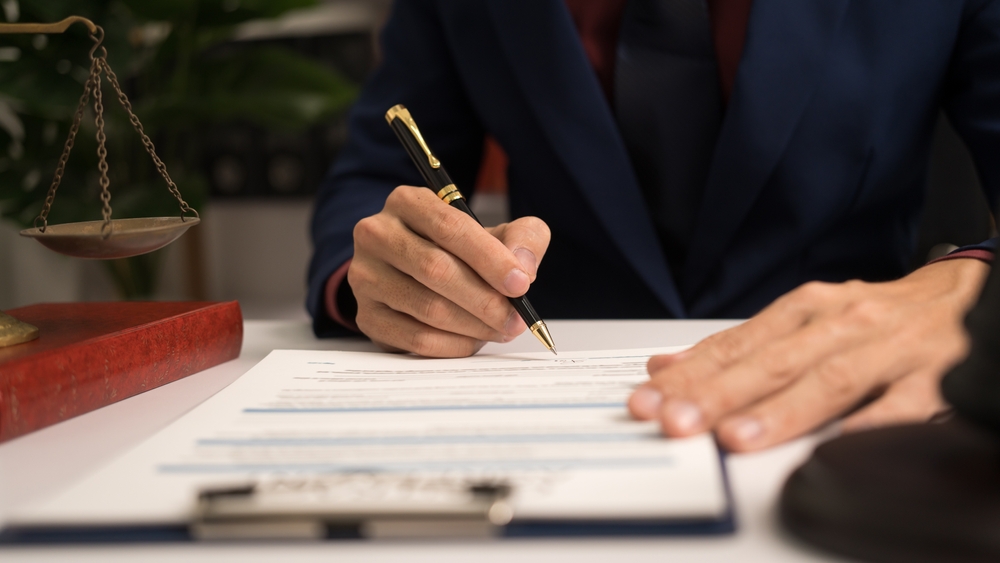
Hiring the Right Attorney You need the right attorney to obtain a fair settlement amount for your injury-related losses. When working with an attorney, clients hope for a fruitful...

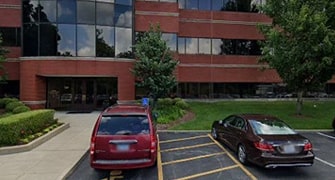
521 W. Main Street Suite 201 O
Belleville, IL 62220
By appointment only
(618) 500-4878 GET DIRECTIONS
332 S Michigan Ave Suite 900
Chicago, IL 60604
By appointment only
(312) 500-HURT GET DIRECTIONS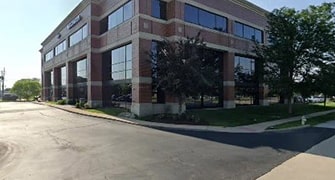
100 Chesterfield Business Pkwy Suites 200-222
Chesterfield, MO 63005
By appointment only
(314) 648-8348 GET DIRECTIONSNO FEES UNTIL WE WIN YOUR CASE
We offer free consultations and are available 24/7 to take your call. Live chat, text, and virtual meetings are available.
or call us at